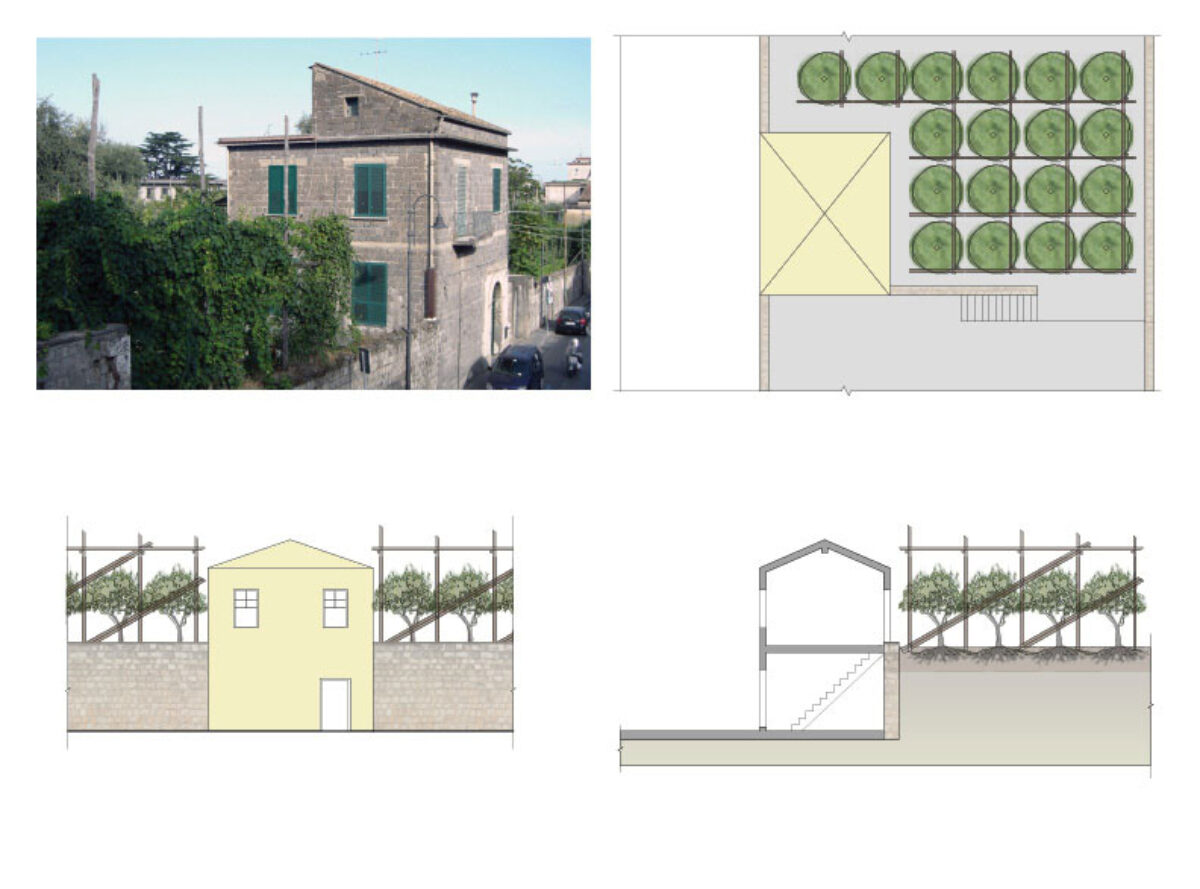The Lemons of the Sorrentine Peninsula: An Integrated Cultural Landscape

by Vera Shur (MArch ’11) and Julian Wu (MArch ’11)
The Food and Agriculture Organization of the United Nations has labeled the lemon gardens of the Sorrentine Peninsula a Globally Important Agricultural Heritage System (GIAHS). It recommends that the area be preserved and appraised as an example of a synthesis between anthropogenic development and ecological conservation. The lemon gardens of the peninsula represent a complete integration and co-evolution of an agricultural product with its physical and cultural environment. Over the last 300 years, the demands of lemon tree cultivation have morphed the surrounding landscape and influenced patterns of settlement in the area. Though lemon farming in the region is difficult and labor-intensive on account of its severe topography and adverse weather conditions, lemon tree farming has impacted the urban development of the towns along the coastline, from the density of the population to the forms of the individual dwellings, through its proliferation and dependency on terraced ground. These unique characteristics make the area an ecologically and culturally successful example of agricultural semi-urbanization.